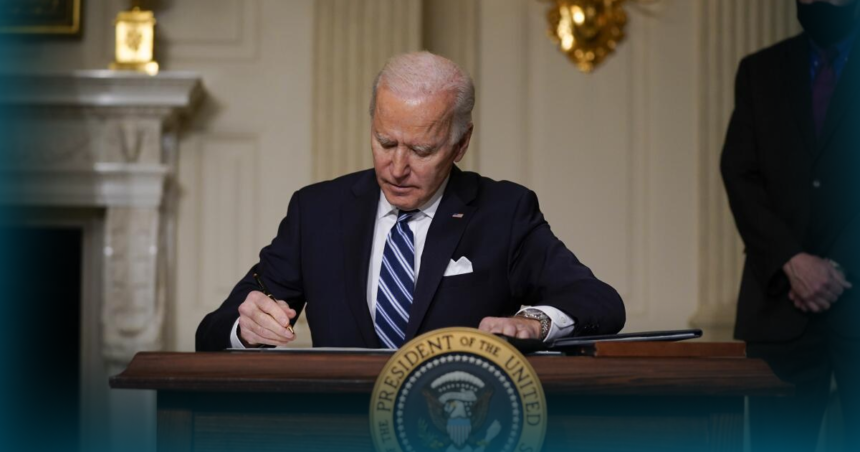Joe Biden said no to big oil ten days ago, which was an extraordinary and nearly unprecedented move. Under his administration, the issuing of new permits to construct LNG export facilities was stopped. For almost ten years, Washington had been distributing these permits like candy on Halloween.
The Department of Energy’s experts will spend the upcoming months devising a new licensing formula that incorporates the most recent science and economics, so the decision is provisionally “no.” Nevertheless, the howls of indignation from the petroleum industry and its entourage of politicians indicate how serious this is.
Biden Call their Bluff is Breathtaking
Additionally, it’s evident to you how stale their arguments have grown with time. Watching Biden call their bluff is breathtaking. To give you an idea, Congress will be holding hearings on natural gas this week and next, thanks to the influence of industry-beholden legislators. The House started the action on Tuesday with a hearing before a subcommittee of the House committee on energy and commerce. Joe Manchin, who founded a coal brokerage company and has received more lobbying money from big oil than any other member of Congress, is calling a meeting of the Senate on Thursday.
Toby Rice, one of the panel’s “experts,” is the owner of the nation’s leading producer of natural gas. And without delay, he employed the deception that people of his caliber have often employed. I will attempt to slow it down sufficiently so that you can observe the hand dealing from the deck’s bottom.
According to Rice, the fracking revolution has powered our economy, kept us independent of foreign natural gas supplies, and caused the United States to experience an emissions reduction of over 60% since the turn of the century by replacing coal-fired power generation.

The crucial term in this context is “emissions,” which Rice defines as carbon dioxide. In fact, burning fracked gas in a power plant emits fewer emissions than burning coal. However, methane is another significant greenhouse gas, and that’s essentially what “natural gas” is made of. It has an 80-fold more heat-trapping capacity than carbon dioxide, molecule for molecule, when it spills from a well or a pipeline.
Furthermore, there is so much leakage that, when you add in the carbon still released by burning gas, America’s overall contribution to global warming during the past 20 years has most likely not decreased at all. Natural gas has proven to be a trap rather than a blessing, and the business is now trying to ensnare the rest of the world in it.
Furthermore, a boat carrying fracked gas leaks so much on a lengthy ocean voyage that it is far worse than coal, as demonstrated by recent studies published this fall. Within ten years, US natural gas would have produced more greenhouse gas emissions than all of Europe’s activities if the White House had continued to grant industry requests for licenses. It’s the largest fossil fuel expansion initiative ever undertaken.
That makes up half of the issue with Rice’s claim. The other half is because Rice’s gas mostly undercuts coal. There’s no reason not to proceed right from coal to renewable energy, without making an intermediate stop at gas. After all, on this planet, the least expensive way to generate power is to aim a sheet of glass towards the sun. Although the claim that it’s a “bridge fuel” is ten years old, big oil is trying to push it forward four or five decades because that’s how long this new infrastructure is meant to last.
If Rice’s claims were false, the other industry witness was just depressing. The majority of this infrastructure is located in Southwest Louisiana, and Eric Cormier represented that region’s Chamber of Commerce. Environmental justice activists like Roishetta Ozane and James Hiatt, who live nearby, are the ones spearheading this campaign by drawing attention to the harm that these installations are causing to the air and water.
However, Cormier asserted that LNG development was essential given the severe economic devastation inflicted on the area by Hurricanes Laura and Delta, which destroyed 44,000 dwellings, cost $17 billion in damages, and reduced the population by around 7%.
Also Read: A Fatal Storm Floods Roadways in Southern California, Causing Over 100 Landslides


Leave a Reply